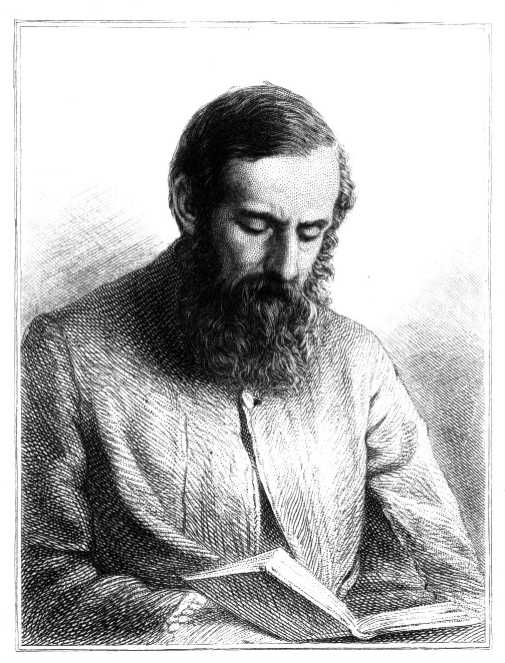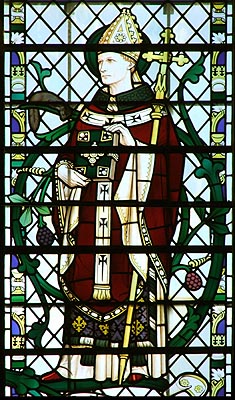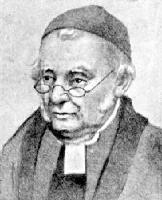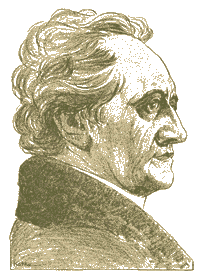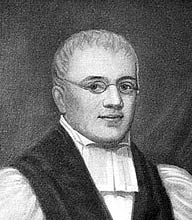 Sermon preached on September 11, 2006 at Sung Requiem Mass at Saint Mary's
Sermon preached on September 11, 2006 at Sung Requiem Mass at Saint Mary's .
For years I played ice hockey; less now than in the past few years, and in fact I haven’t played since 2000. Hockey can be a rough game and in high school I was sent to the hospital with a few broken, cracked, and bruised ribs. To this day, the pain from that injury occasionally bubbles to the surface and my ribs hurt. For me, hockey brings to mind other wounds that haven’t completely healed. I used to play hockey with a bunch of investment bankers and lawyers up at Riverbank State Park. On September 11, a couple of guys who made up my line were killed in the World Trade Center. To this day, every time I think about hockey I think about those guys.
I imagine that each us has a similar story. Some lost family members. Others lost close friends. Others lost people they had worked with or had gone to school with or played with. Others know someone who lost someone dear. All of us have stories that are hard to tell and that cause pain to bubble to the surface like old injuries that never really healed.
I imagine, like me, the stories that we all tell don’t stop there. When I remember those guys I think of the good times we had together on the ice. I think of the goals we scored and the celebrations that we had. I think of the times we banded together to make a stand and hold off the other team. I remember the good times much more than I remember the bad.
All of our readings today remind us that the heart of the Gospel of Jesus Christ is God’s love for all of us. The Wisdom of the Old Testament tells us that the souls who are with God are at peace, suffering no torment and abiding forever in God’s love. Saint John tells us as he describes his revelation that those who are with God do not lack anything, God himself wiping away every tear from their eyes. In our Gospel reading Jesus reminds us that he is the Good Shepherd who will never let anything happen to his sheep. He knows us all by name and no matter where we are, he will find us and bring us home.
One of my favorite Gospel passages is the one where Jesus talks about preparing a place for us in his Father’s house, a house with many rooms. Having died, risen, and ascended, he is now preparing a place for all of us. Every one of us goes home to God and he is waiting for us with open arms and a place prepared. The love of God is amazing and it cannot be overcome by anything, not even death.
I miss my friends, but I know I will see them again. I know I will see them when I meet my Lord and my God and when I experience completely the love of God that I see working in the hearts, hands, and words of people around me: friends, family, strangers.
Today we remember those who died five years ago. In different ways we celebrate their lives. But we come together to celebrate that through the death and resurrection of Jesus they and we have eternal life and we celebrate that through Christ the love of God binds us all together forever. Through the resurrection of Jesus we know that death does not separate us from God or from each other. Jesus promised us that he knows us all by name, and just as Lazarus came out of the tomb when Jesus called his name, so he calls all of us and he gathers us all together: one flock, one shepherd.
I only have one message for you today: Let the love for those we do not see anymore grow in us so that it overflows and shows itself to others. Showing love beyond telling stories and remembering and into showing the love that God has for them and for us to others.
 Sermon preached on September 21, 2006
Sermon preached on September 21, 2006 